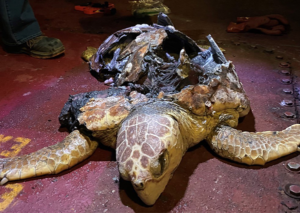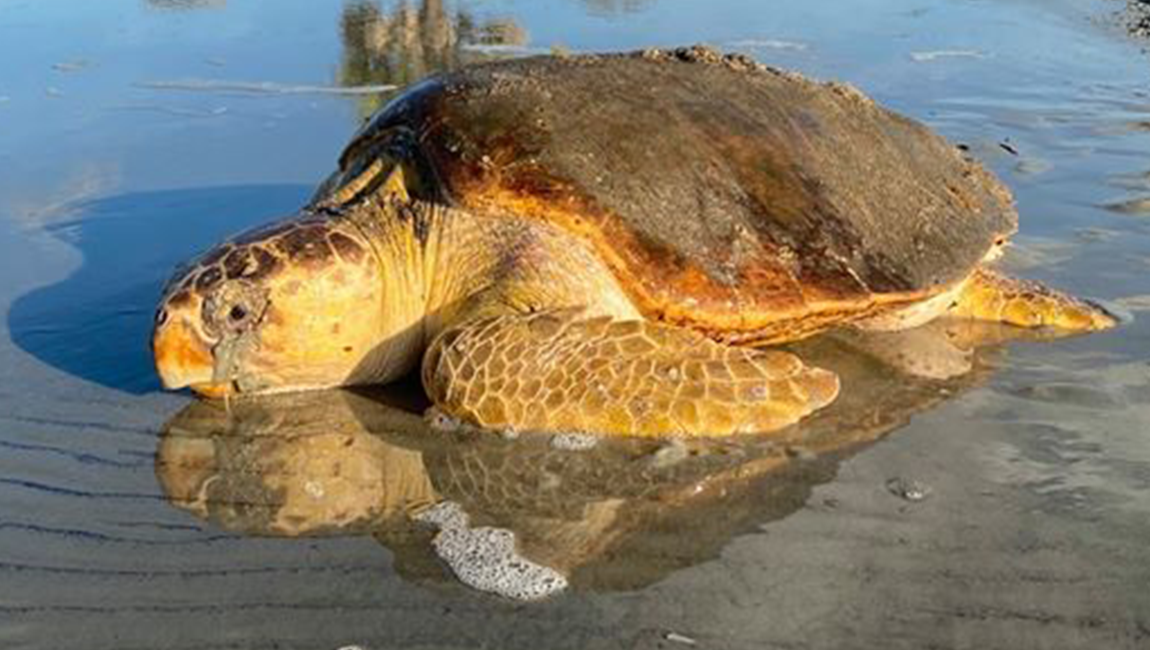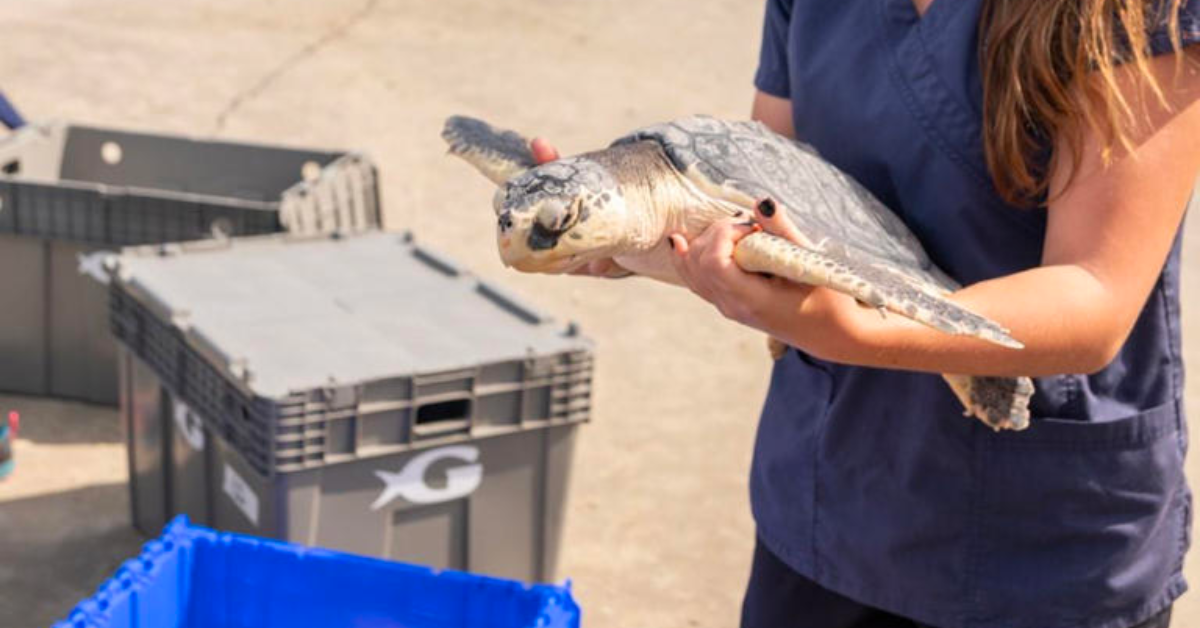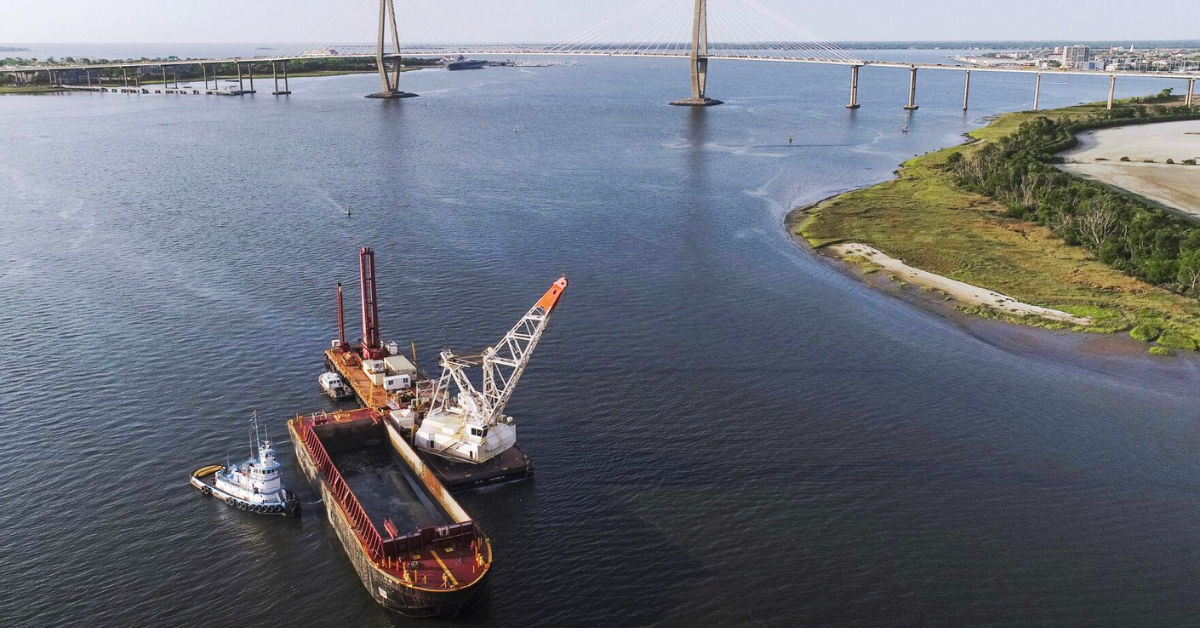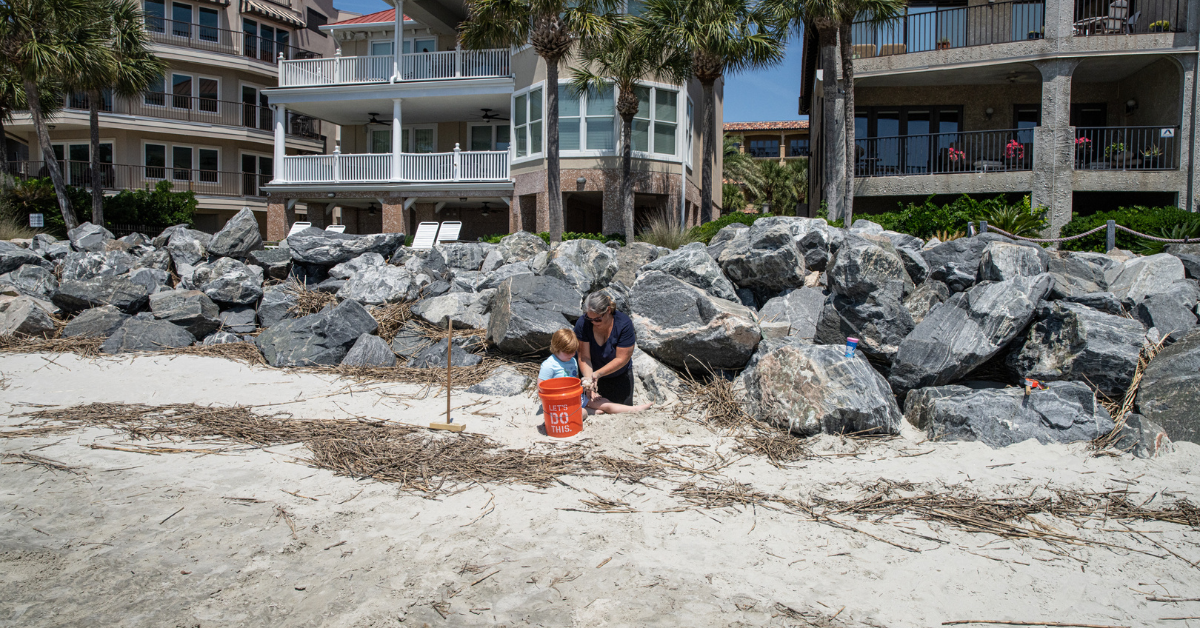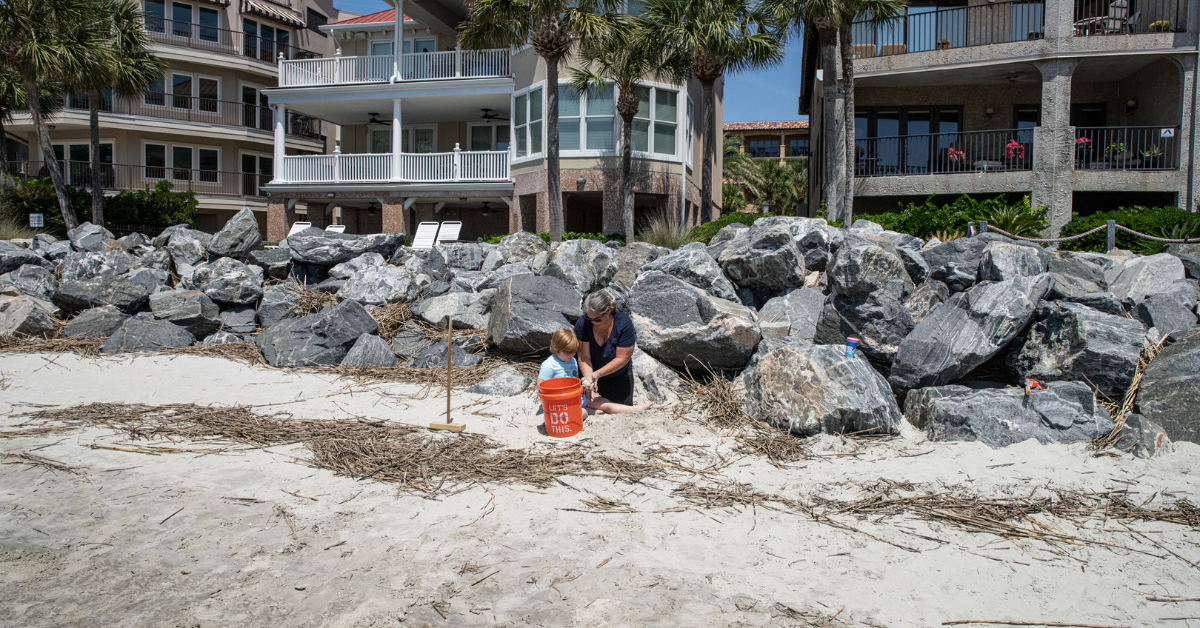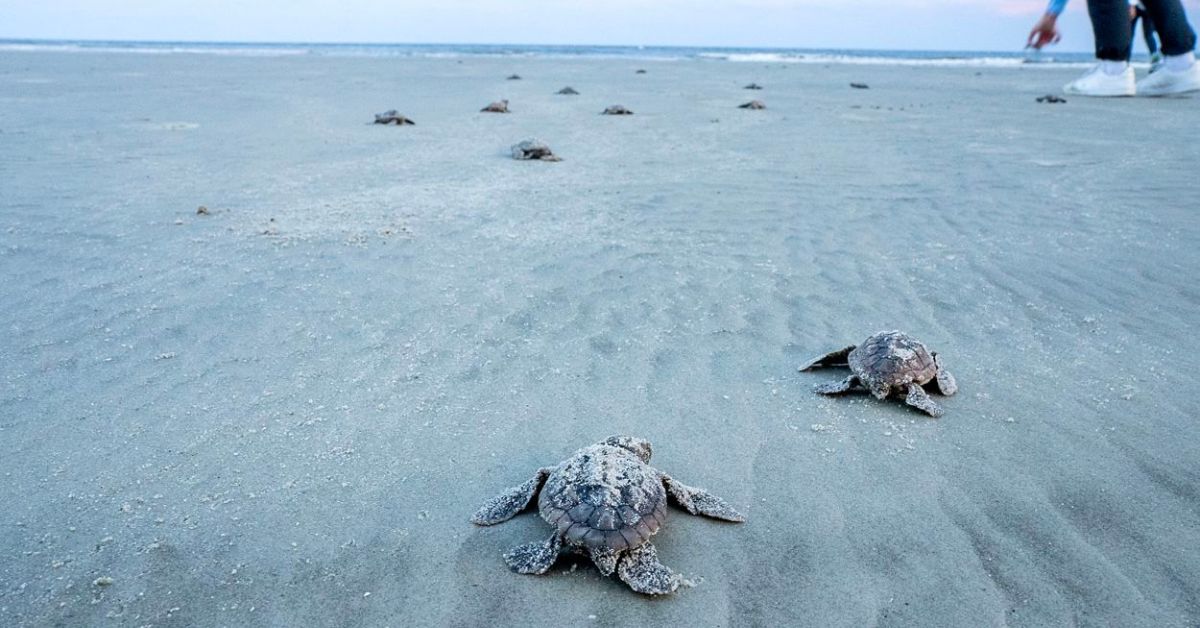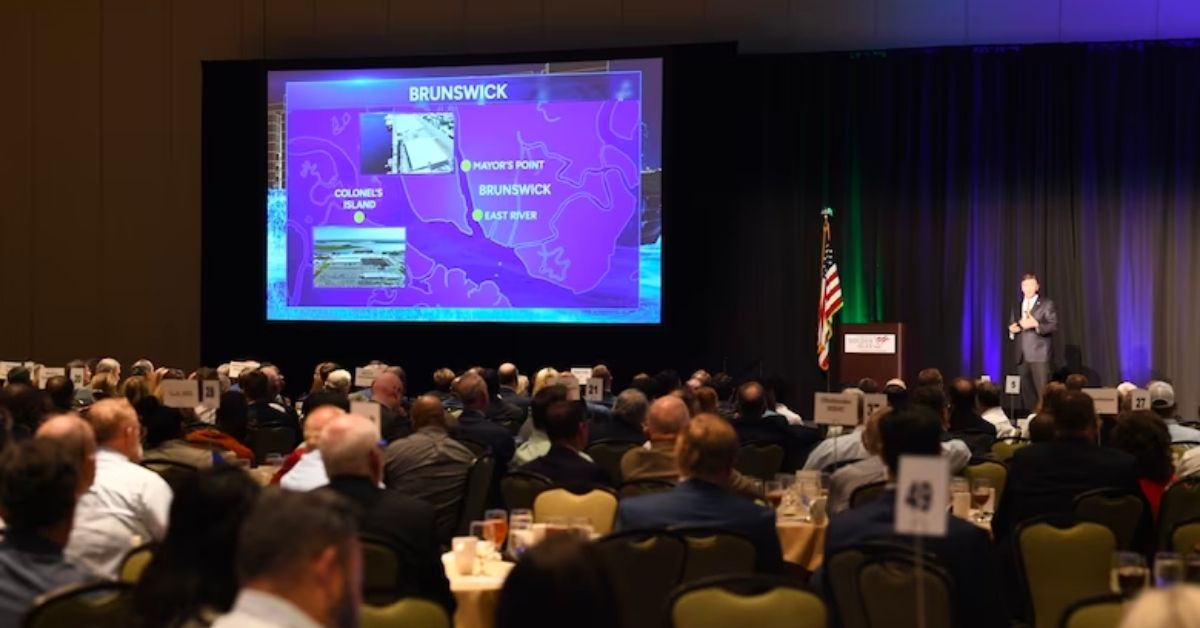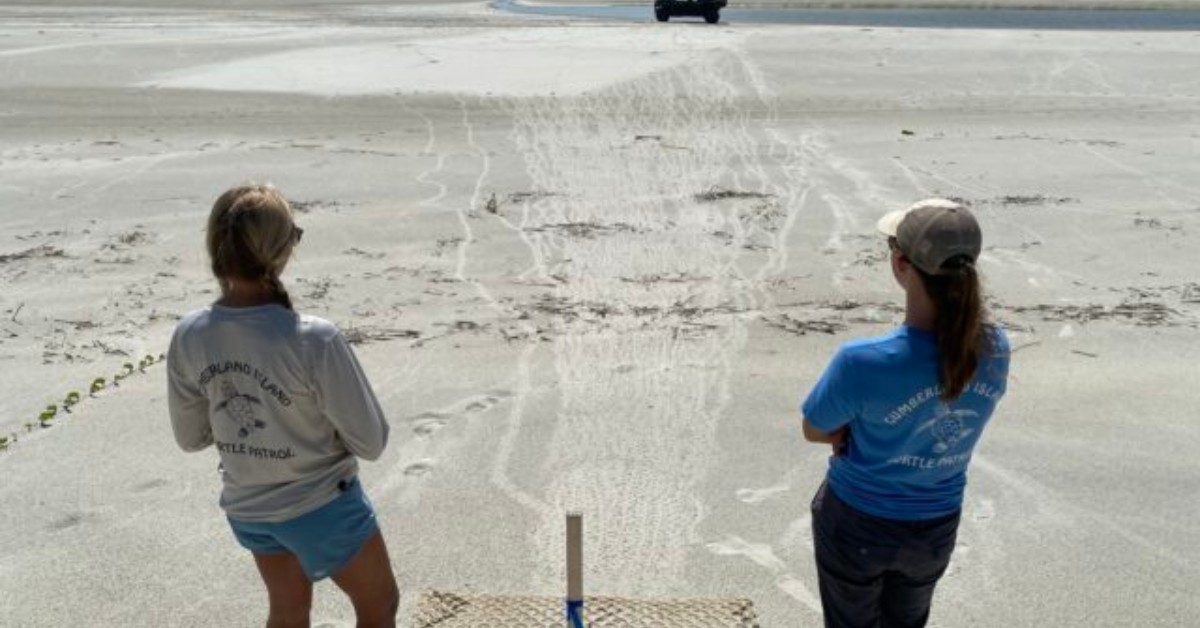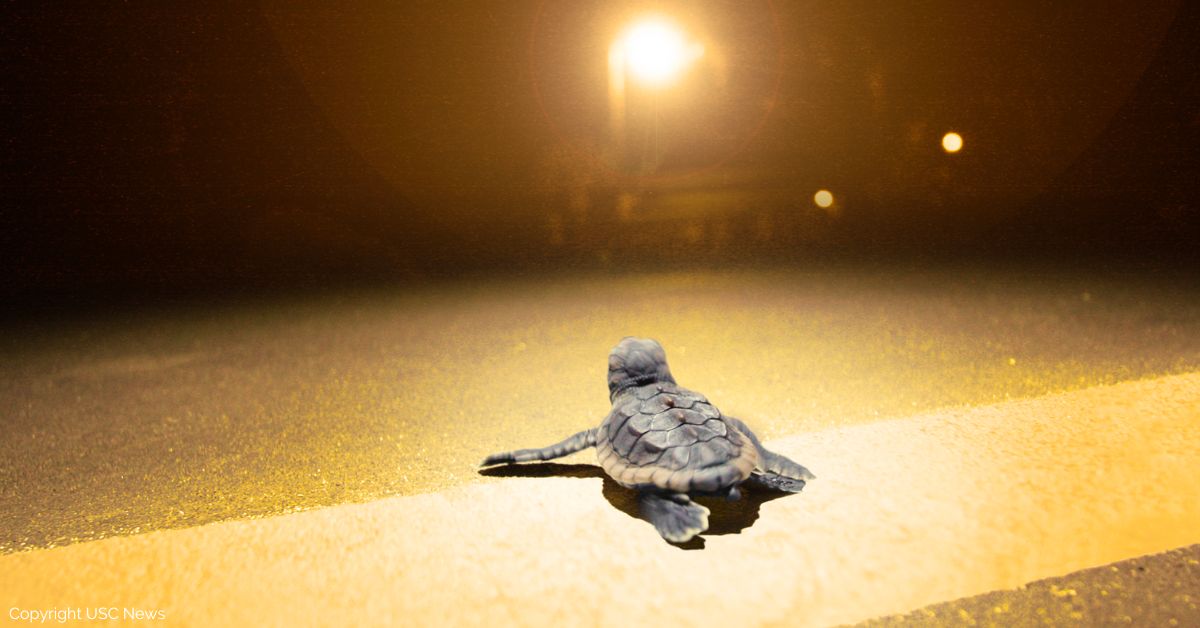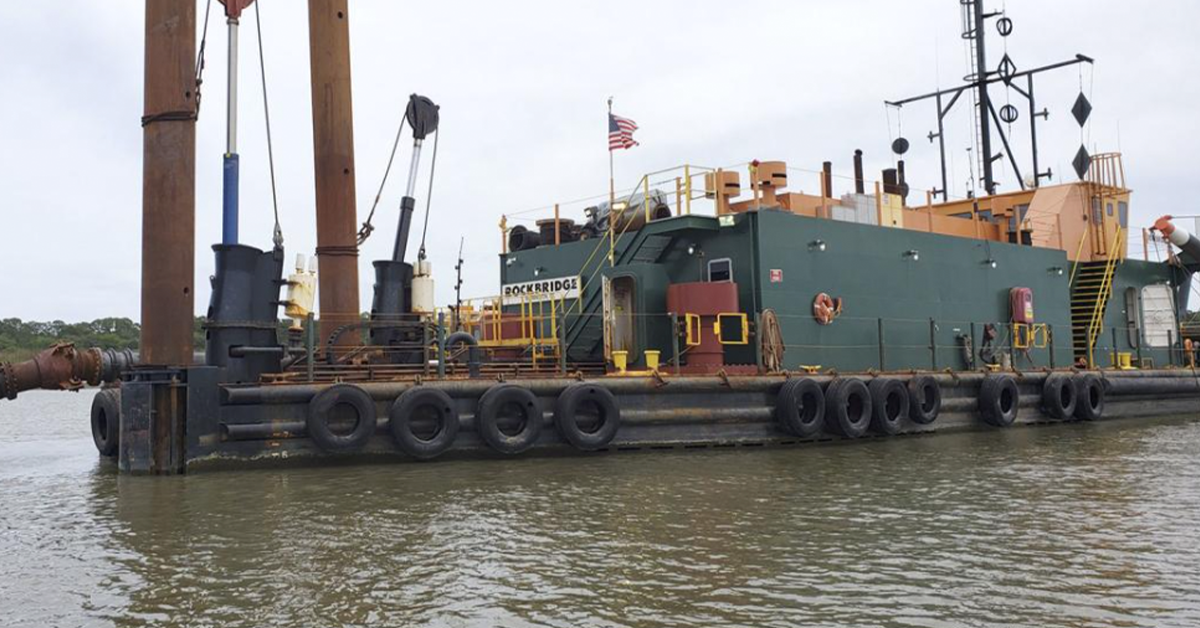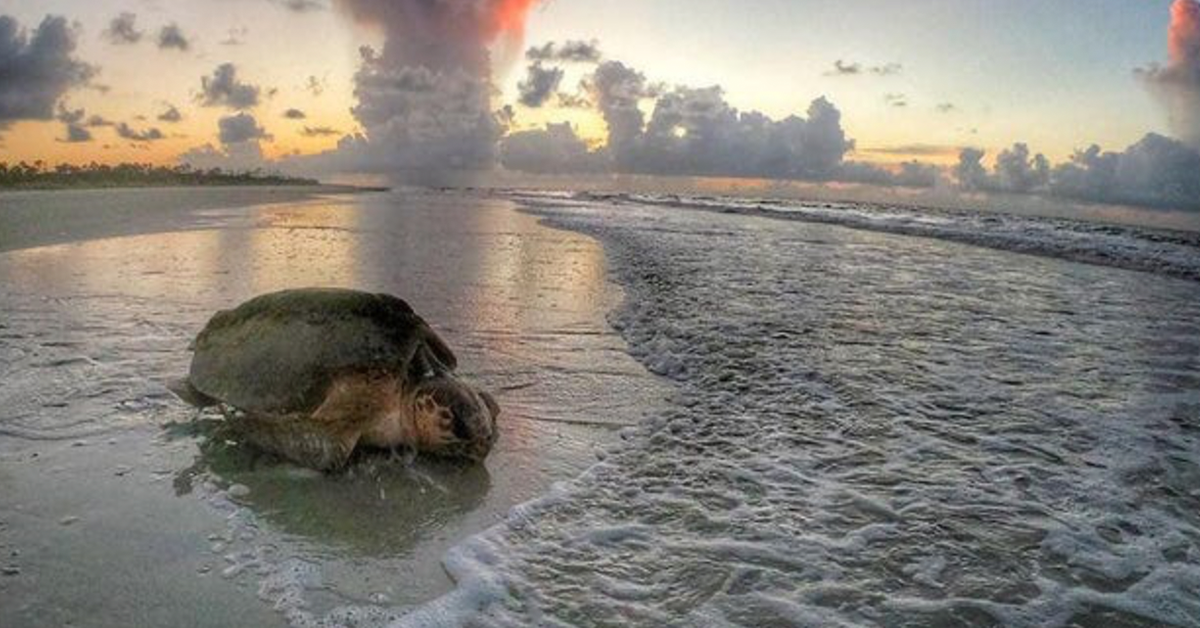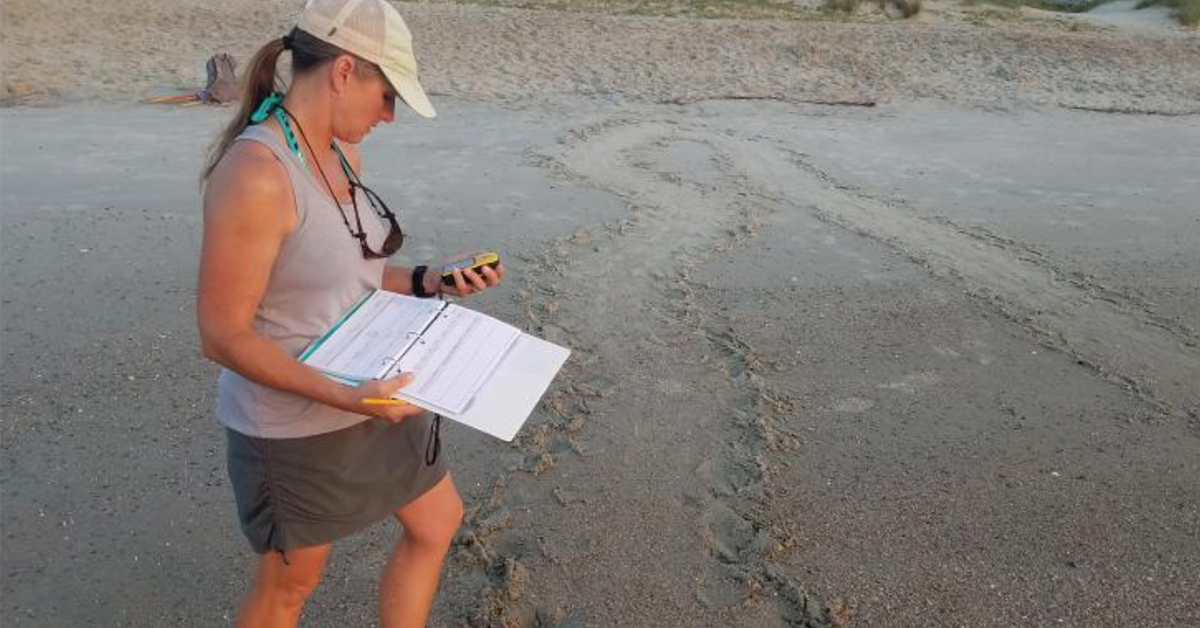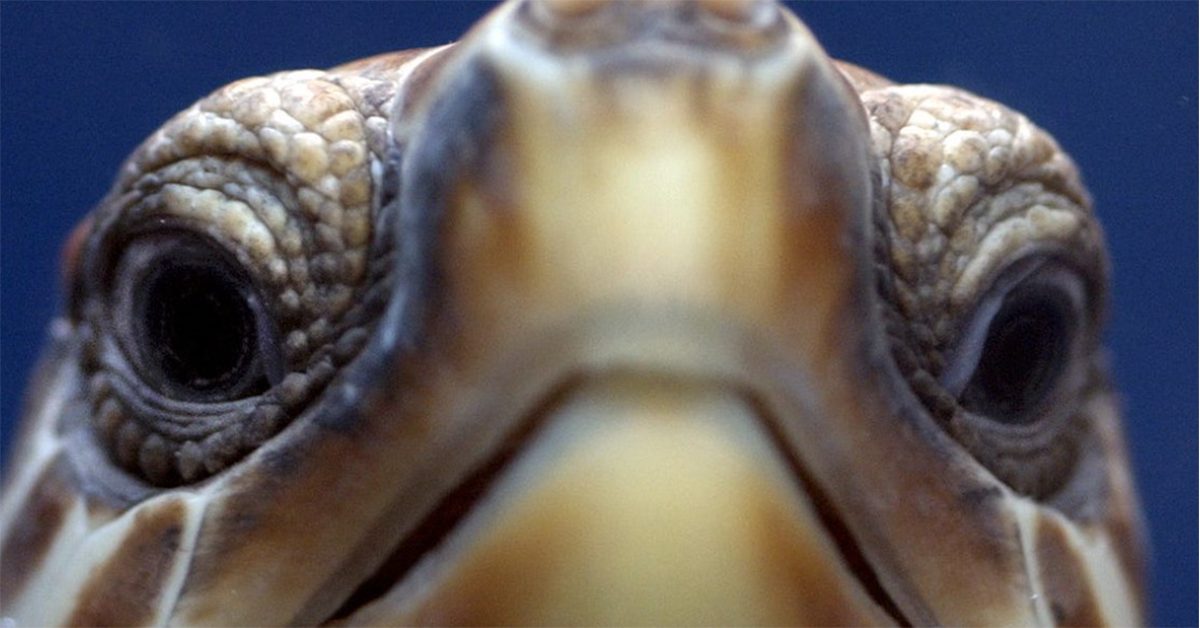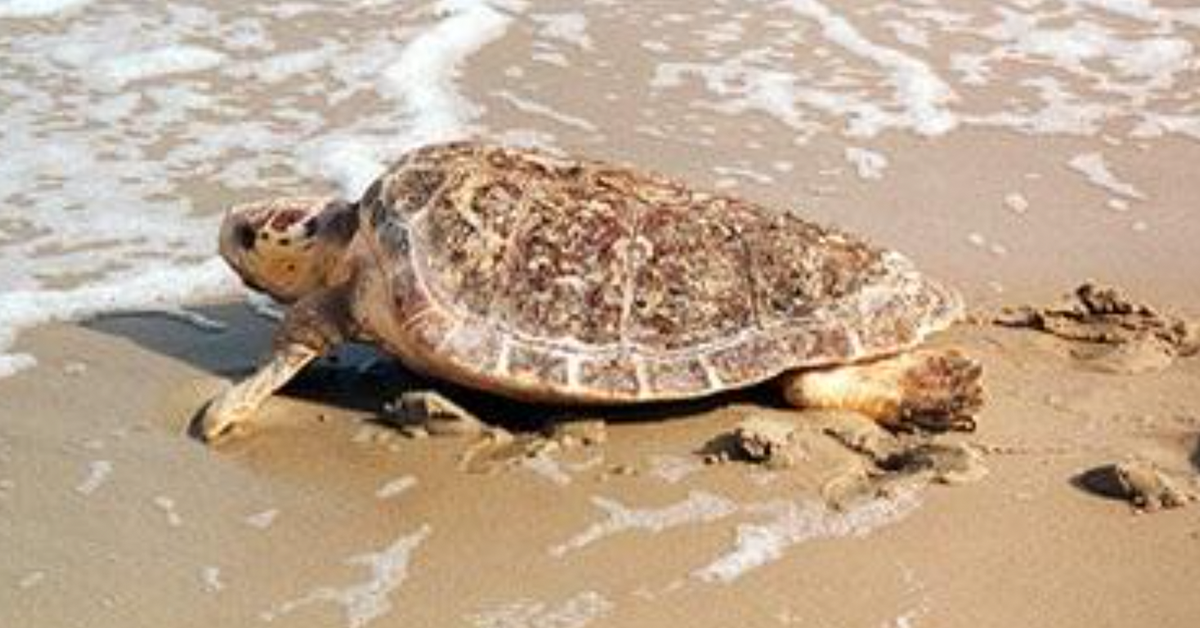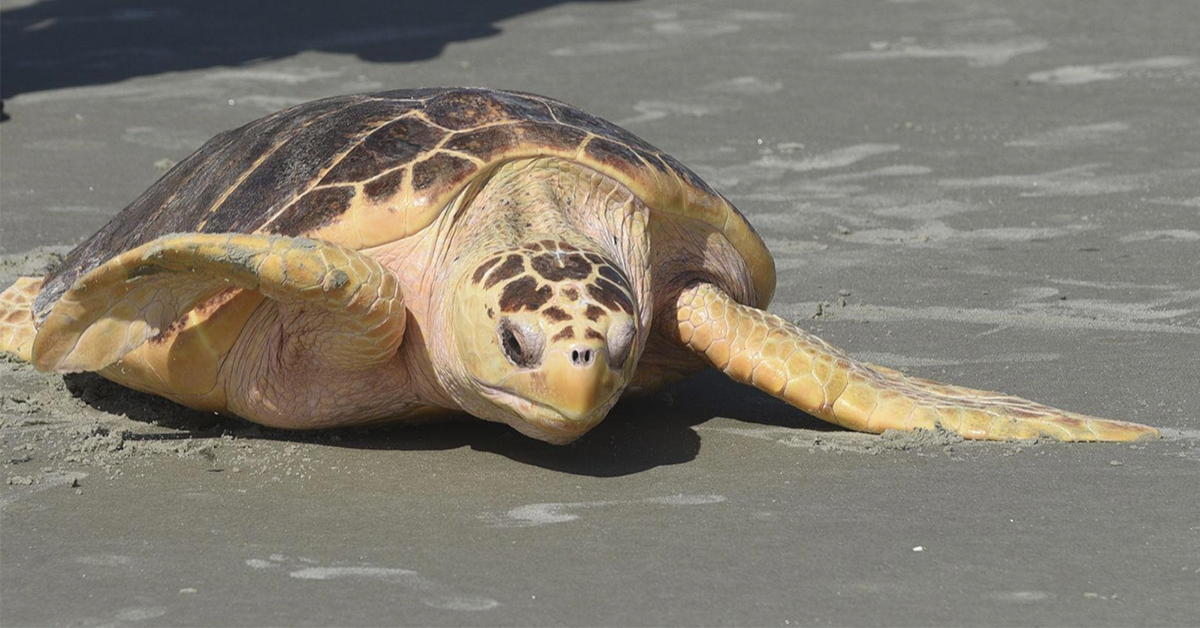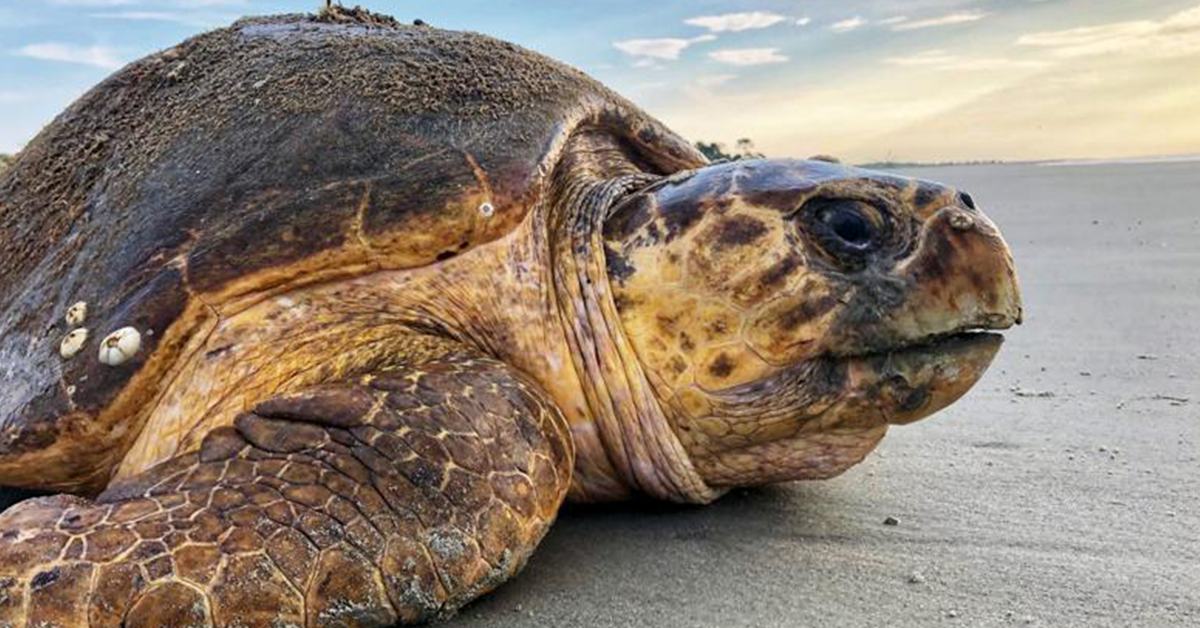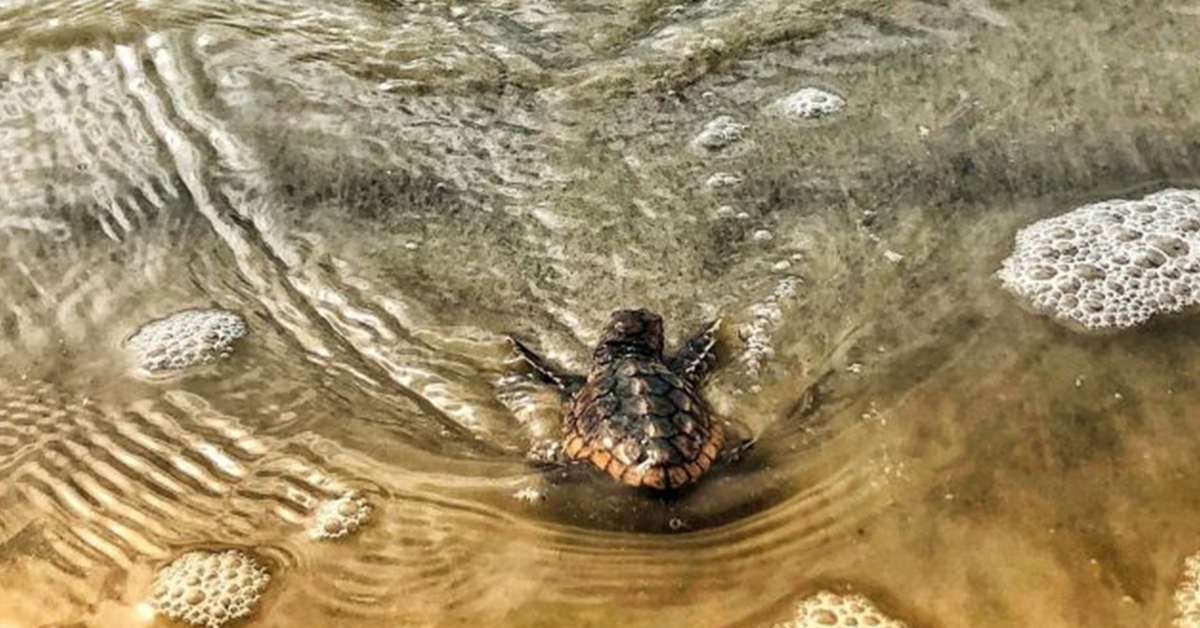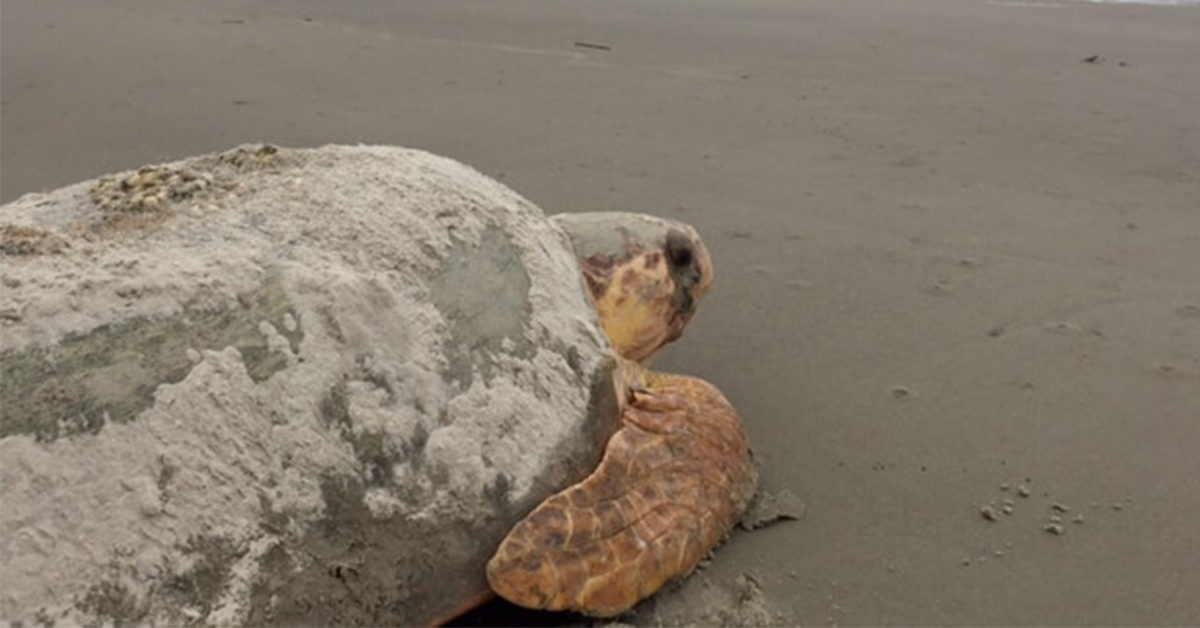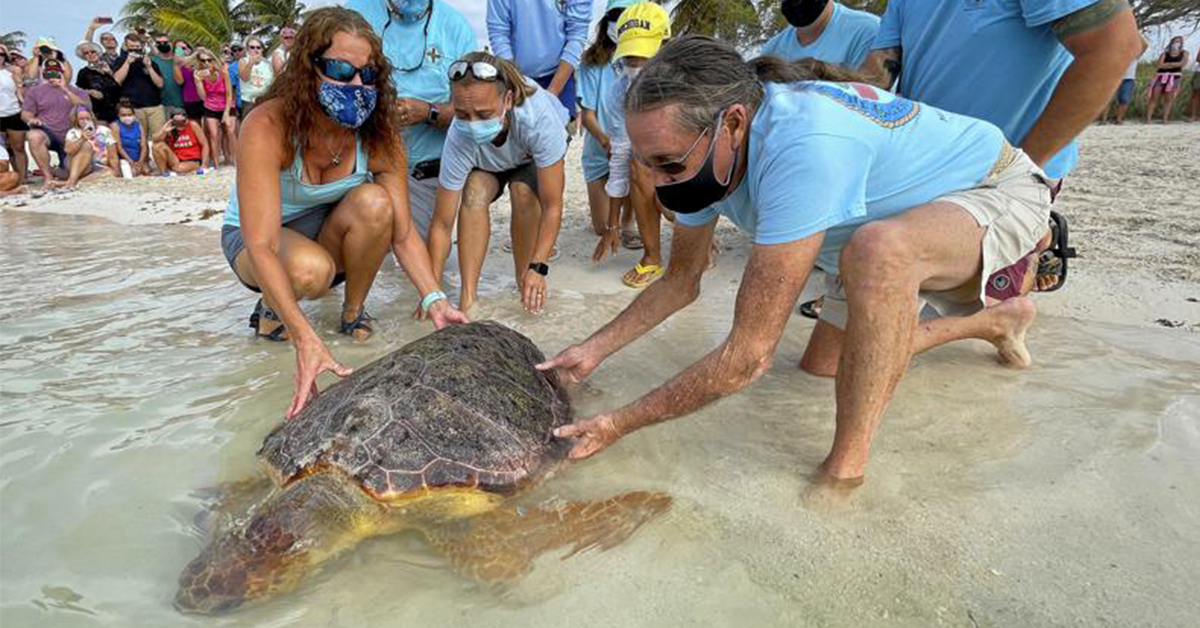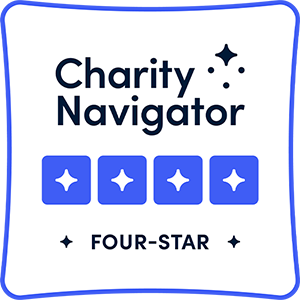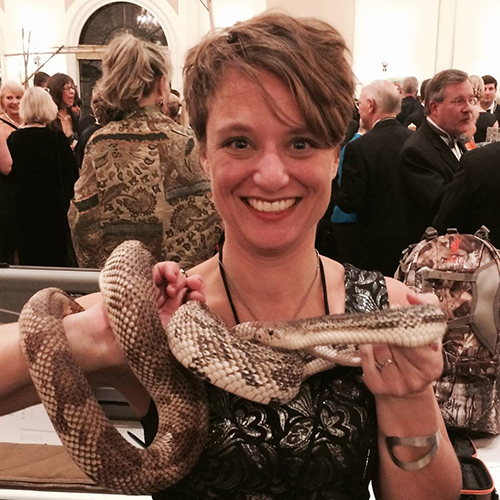Protecting Nesting Turtles from Dredging
Since the time of the dinosaurs, sea turtles have existed throughout the world’s oceans. Today, all seven species are listed as federally threatened or endangered. The causes for this decline include capture and drowning in commercial fishing nets, boat strikes, habitat loss, and many other human-caused dangers. While estimates vary, it is believed that as a result of these threats, only about one in four thousand sea turtles will survive to reproductive maturity.
OHM has repeatedly challenged (and won the case against) the US Army Corps of Engineers’ unlawful decision to eliminate seasonal limitations on hopper dredging projects. Year-round dredging poses unnecessary risks to nesting sea turtles and hatchlings. Learn more about dredging and our fight to protect our nesting turtles.
Loggerhead killed by hopper dredging
You can make a difference
You can make a difference for Georgia’s sea turtles by following these simple steps:
- LIGHTS OFF! Leave your bright lights at home (or carry red “turtle-friendly” lights). White lights can deter nesters and cause hatchlings to crawl the wrong way. If you’re staying the beach, turn off exterior lighting and draw your shades at night during turtle season (May-October).
- Take your beach chairs and gear home with you – discarded gear causes unnecessary obstacles for turtles and may cause them to false crawl. Fill in sandcastles and holes, which create roadblocks for nesting mothers and hatchlings.
- Never litter. Ensure all trash, including plastic bags and six-pack rings, are properly disposed of or recycled.
- Slow down in the water! Boat strikes account for a significant number of sea turtle deaths annually.
- If you’re ever lucky enough to encounter a nesting sea turtle or hatchling, please watch from a safe and quiet distance and never disturb a nest. All species of sea turtles in Georgia are protected by state and federal laws.
- Only purchase wild Georgia shrimp. Shrimpers in the U.S. are required by law to use turtle excluder devices (TEDs), and Georgia DNR conduct surveys to ensure compliance.
- To report a dead or injured sea turtle, please call 1-800-2-SAVE-ME.
Sea Turtles in the News
Action News Jax | 4/2/24
Post and Courier | 1/13/24
SELC | 1/12/24
The Nature Conservancy | 11/9/23
The Nature Conservancy | 11/9/23
USACE | 11/1/23
WABE | 10/19/23
First Coast News | 5/15/23
The Brunswick News | 5/11/23
Associated Press | 5/8/23
Savannah Morning News | 12/26/22
The Brunswick News | 12/21/22
The Brunswick News | 12/20/22
The Washington Post | 12/16/22
The Brunswick News | 9/8/21
The Brunswick News | 7/12/21
GPB | 6/2/21
Savannah Morning News | 5/21/21
GPB | 5/21/21
The Brunswick News | 5/21/21
AP | 5/20/21
WABE | 5/20/21
Georgia Recorder | 5/20/21
WSAV | 5/20/21
AP | 5/3/21
Catherine Ridley
VP, Education & Communications
Contact Catherine
“Our sea turtle population relies on us caring for our waters, our shores, and our nighttime skies. We have no time to waste; we have too much to lose.”
Please contact Catherine for more information about how you can help to protect Georgia’s wildlife.

